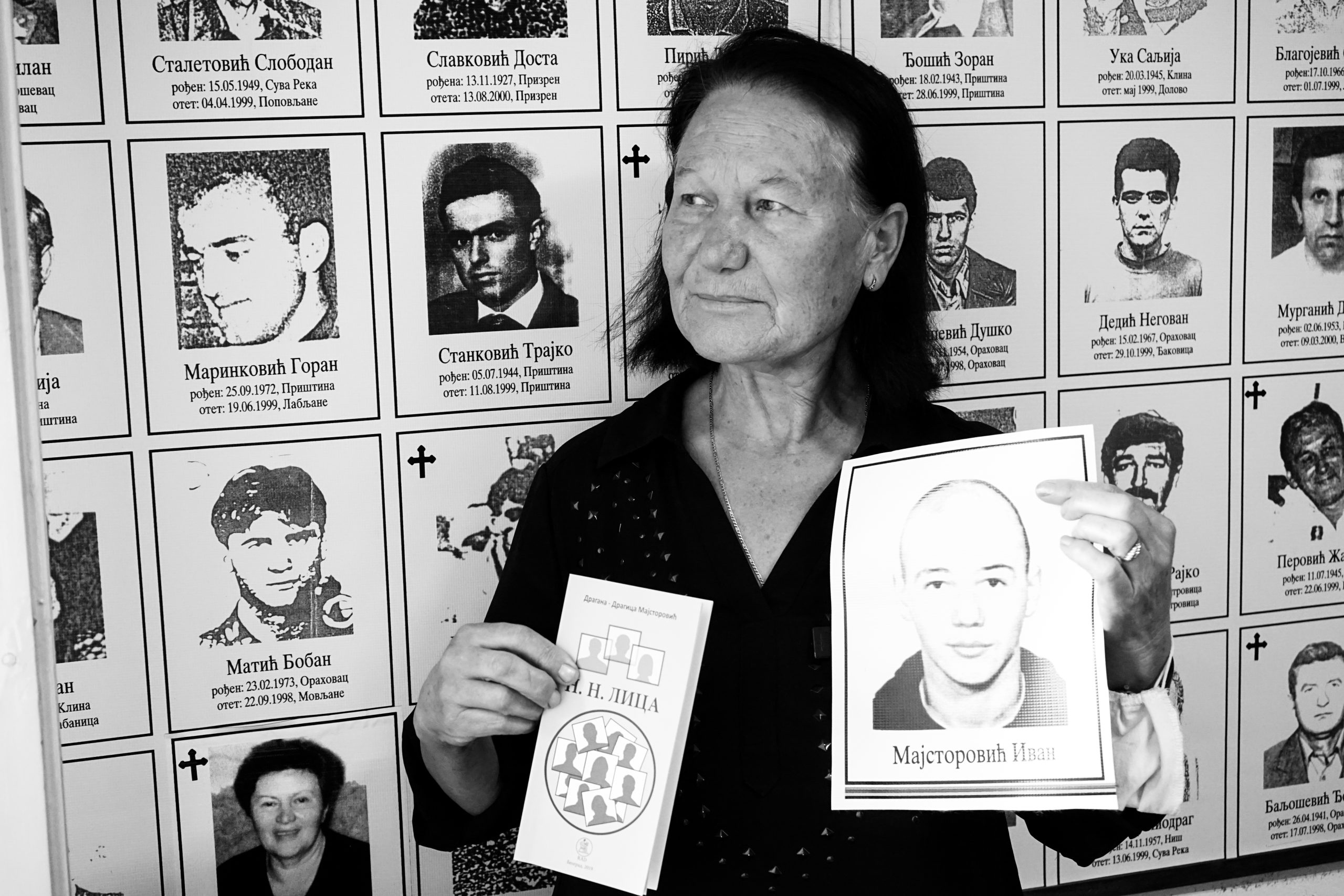
I want to find the truth, in order to find peace
Dragica Majstoroviq
The most difficult time for us is the holidays. When they come, we always have one empty chair.
If he was alive today, he would surely become some kind of doctor. He loved medicine very much.

ForumZFD
ForumZFD was established in 1996 by peace and human rights groups – in reaction to the Balkan crisis. Since then ForumZFD has striven to help overcome war and violence.
This story was originally written in Albanian.